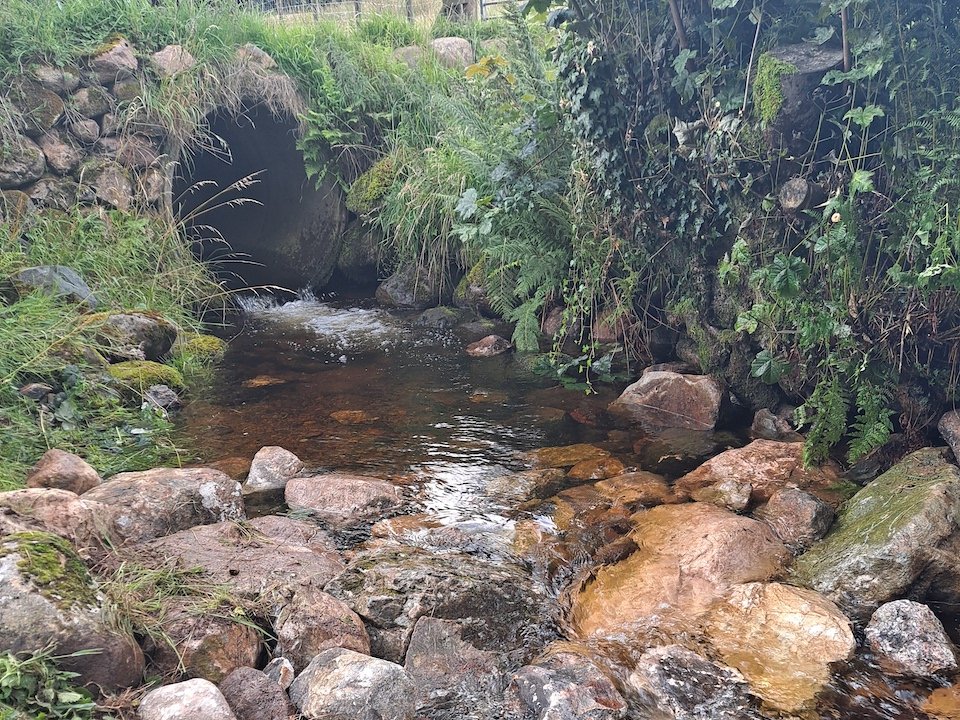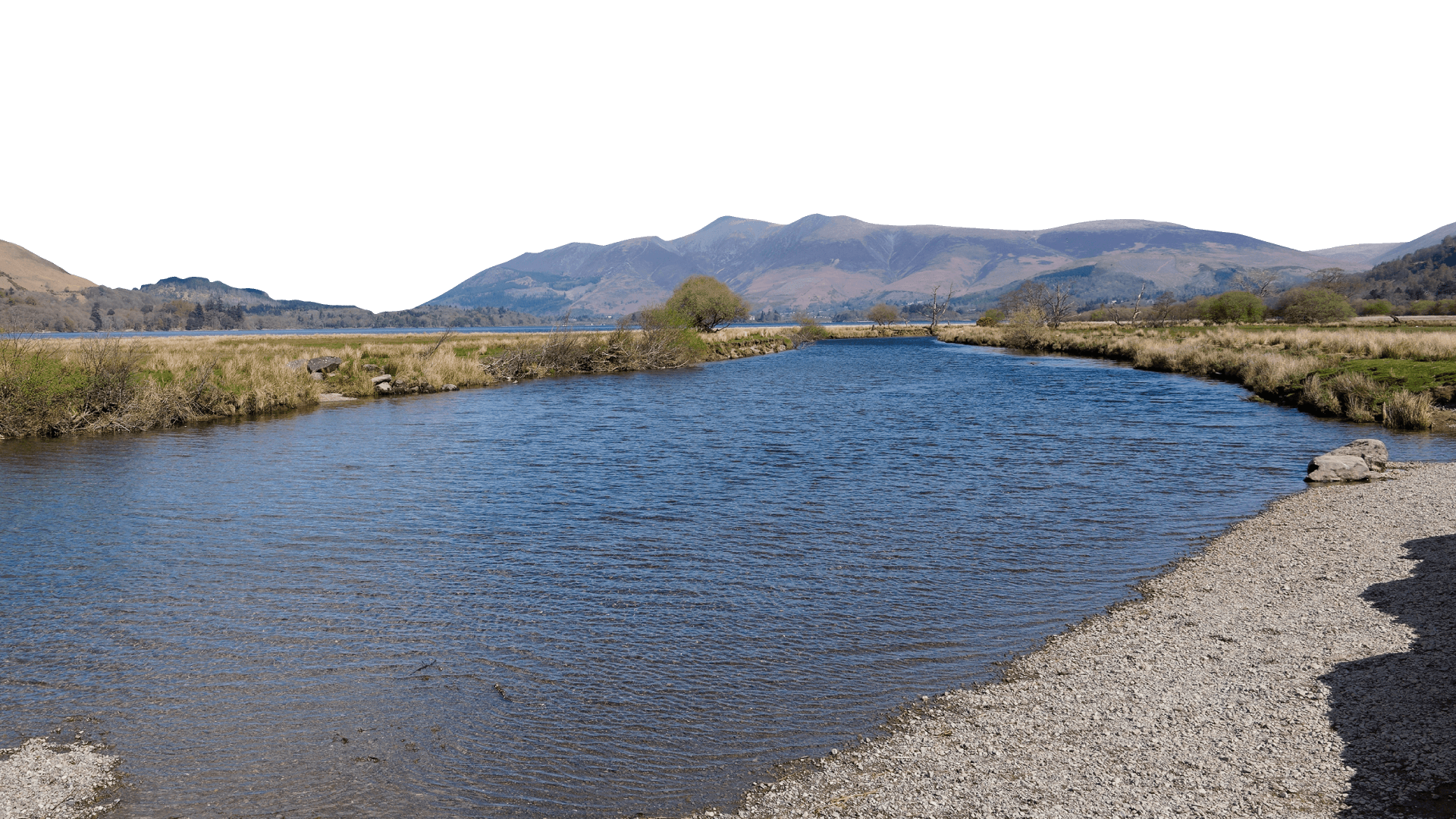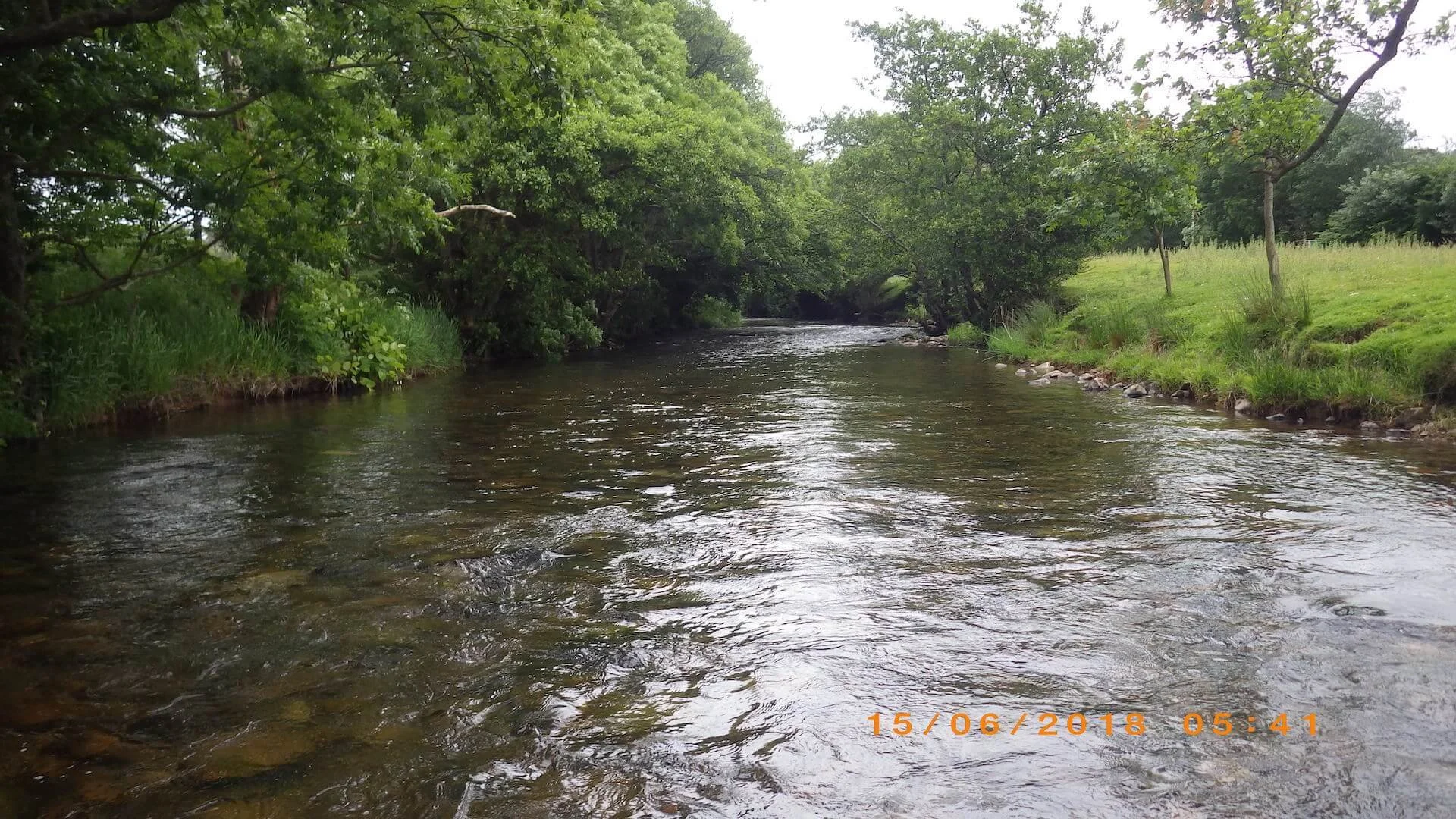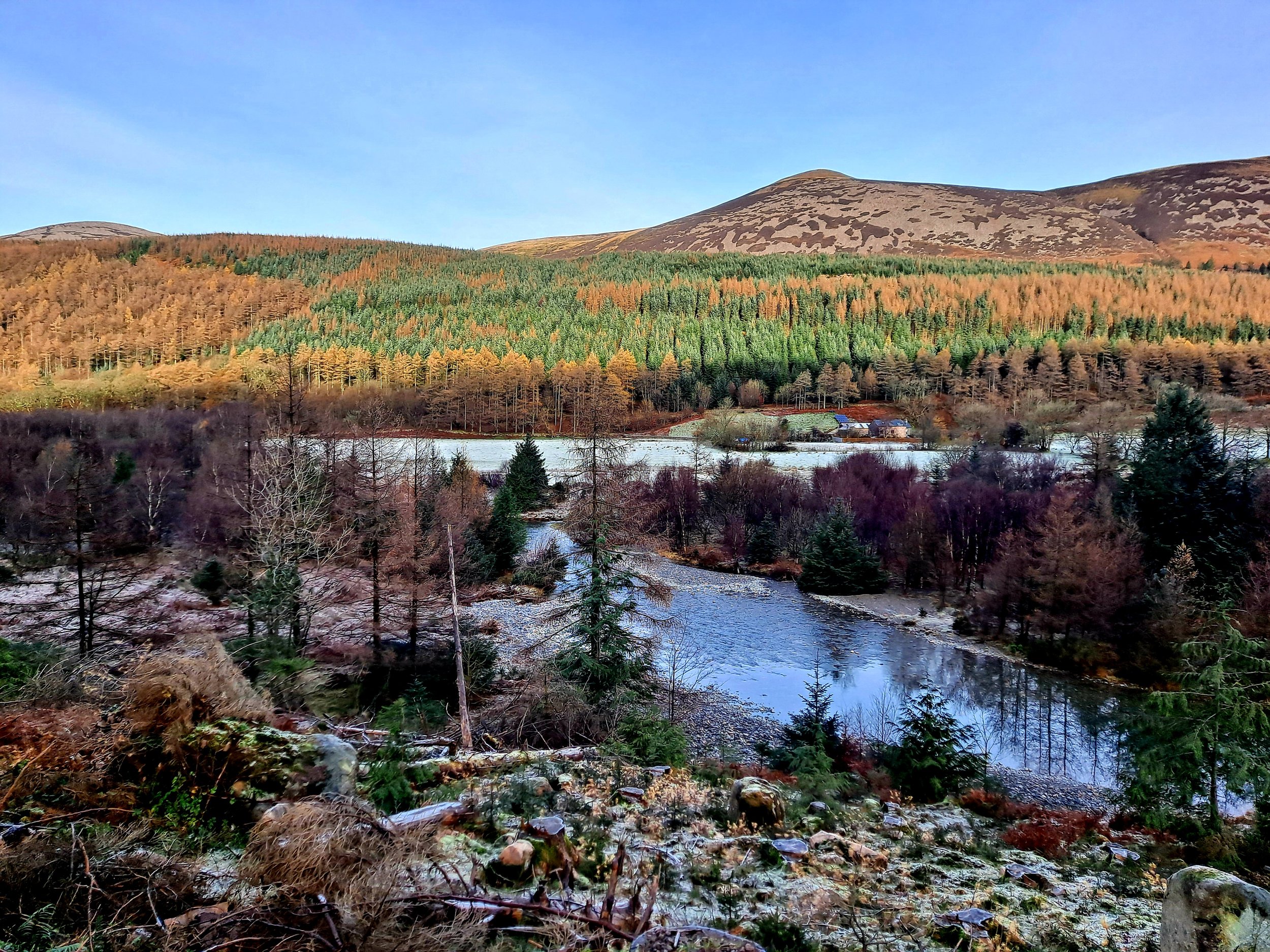
River Ehen
The River Ehen is located in Ennerdale, West Cumbria and flows from Ennerdale Water 27km until it reaches the Irish Sea at Sellafield. Since 2013 we’ve been working on the river to improve the freshwater habitat.
The river Ehen is incredibly special as 90% of England’s Freshwater Pearl Mussels call it home. As the country’s last stronghold for this critically endangered species, it is designated as a Special Area of Conservation (SAC) and a Site of Special Scientific Interest (SSSI). Mussels in the Ehen are entirely dependent on the local salmon population in order to reproduce and, with Atlantic salmon an endangered species, this is another reason for the river’s SAC status.
The Liza
Did you know?
Freshwater Pearl Mussels need host fish in order to reproduce. Both the rivers Ehen and Irt are quite unusual in England as their favoured host fish are salmon rather than trout.
Find out more about these extraordinary creatures here
The river hosts almost 400,000 individuals and, whilst juvenile mussels are to be found in the river, surveys show that numbers are not at sustainable levels, therefore the population is aging and declining.
Freshwater Pearl Mussels are filter feeders and therefore fantastic indicators of the health of a river. If a river is in pristine conditions, mussel populations thrive, where they are not, they indicate that there are problems in the river. Mussels play an incredibly important role in promoting healthy ecosystems, helping to keep water clear, preventing the growth of algal blooms, benefitting aquatic plants and promoting biodiversity.
Our work on the River Ehen primarily focuses on habitat improvements and restoring the river’s natural processes, returning the river into a healthy, naturally functioning river system. Examples of our work include reconnecting the river to its floodplain, removing artificial structures, planting trees, and restoring wetlands. These measures aren’t limited to benefiting the mussel population, all other species in the river will also benefit from these improved conditions.
This year we will be working with our partners at the Freshwater Biological Association (FBA) to trial a release of juvenile mussels into the river to reinforce the current population.
For more information, contact Project Officer Philippa Chadwick.
The largest population of Freshwater Pearl Mussels in England is found within the River Ehen in West Cumbria
Shell shapes differ between populations; those from the river Ehen are kidney-shaped while those from the river Irt are larger and more rounded. This could be because of genetics or local conditions (or a combination of the two!)
Freshwater Pearl Mussels need host fish in order to reproduce. Both the Ehen and Irt are quite unusual in England as their favoured host fish are salmon rather than trout.

Before

After
Project funders










